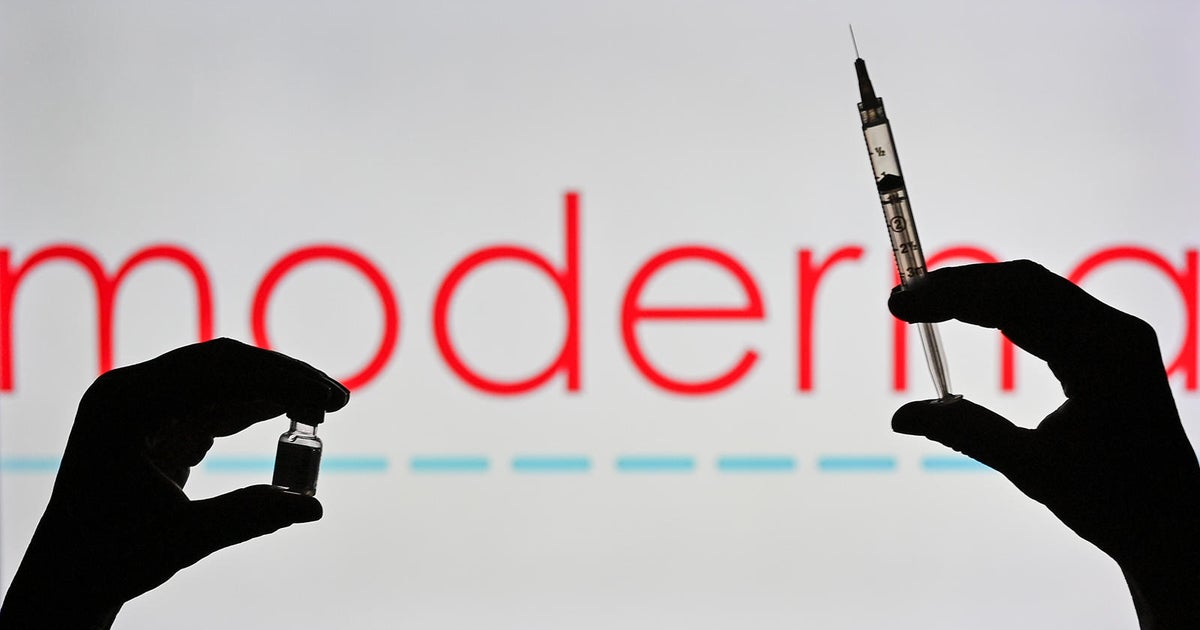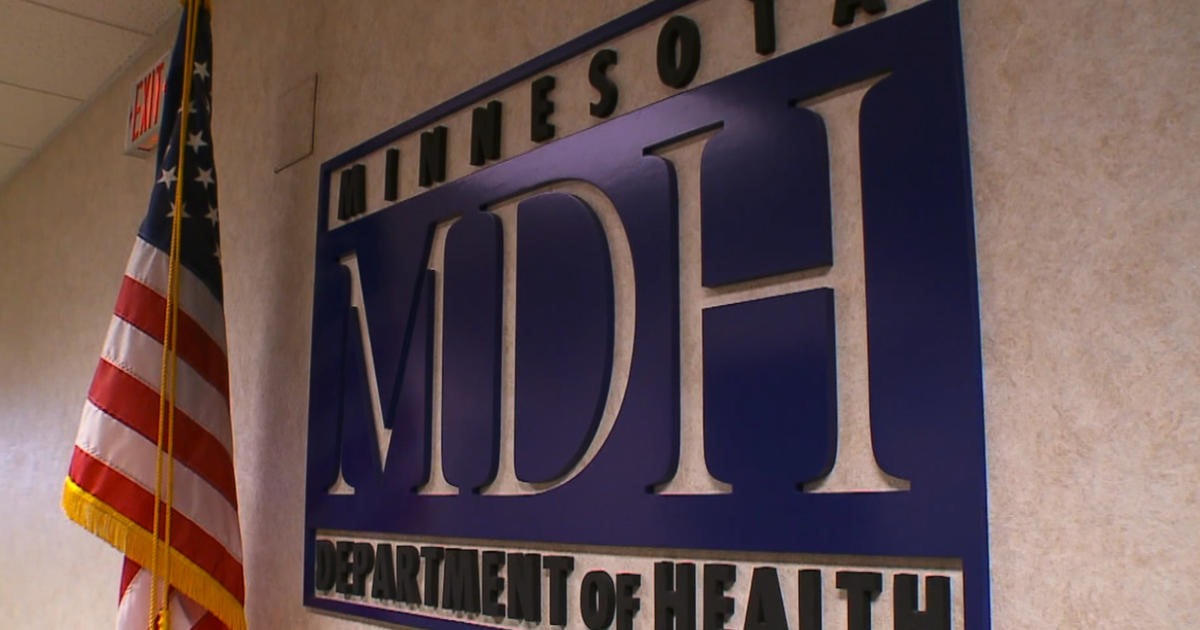FDA Committee Says 'Super Fish Oil' Drug Can Be Given To More Patients To Reduce Heart Attack, Stroke Risk
NEW YORK (CBSNewYork) -- Some important news was announced Thursday about a way for many Americans to reduce their risk for heart attack and stroke.
It's a drug that some are calling "super fish oil," but as CBS2's Dr. Max Gomez explains, it's not really fish oil after all.
It's derived from fish oil, but it's actually quite different. Fish oil primarily contains two types of the omega-3 fatty acids: DHA and EPA.
Vascepa, as this drug is called, is pure EPA. Now, an FDA committee has said Vascepa can be given to a much larger population of patients.
Arthur Vitale, 75, is in some ways a very lucky heart patient. He's never had a heart attack even though he's diabetic, a big heart disease risk factor, and his triglyceride levels are more than four times normal.
He says he knows he has "an extremely high-risk factor for heart attack."
To try to lower his triglycerides, Vitale had been taking the same over-the-counter remedy millions of Americans take.
"I had been taking fish oil, regular, shall we say, commercial-grade fish oil for a number of years," he said. "Which didn't seem to do anything for my triglycerides."
So now Dr. Robert Fishberg put Vitale on Vascepa, a highly purified form of EPA omega-3 fatty acid.
"This is not your garden variety. This is not your mother's fish oil," Fishberg said.
In fact, a major multi-center, multi-year trial treating 8,000 high-triglyceride patients with Vascepa showed remarkable results.
"Seventy percent of the patients had underlying heart disease, 30% had risk factors, more than half of them had diabetes, and in this trial, they'll show a 25% relative risk reduction in cardiac events," Fishberg said.
As a result, an FDA advisory committee has voted unanimously to expand which patients can be prescribed Vascepa.
"I think that patients with triglycerides 135 and over should be on this agent," Fishberg said.
Even better, Vascepa seems to have a remarkably good safety profile, meaning it has few side effects.
It is a prescription drug that will likely be given to many more patients for the prevention of cardiovascular disease if the FDA goes along with the recommendation of its advisory committee, and it usually does.
That ruling is expected before the end of the year.








